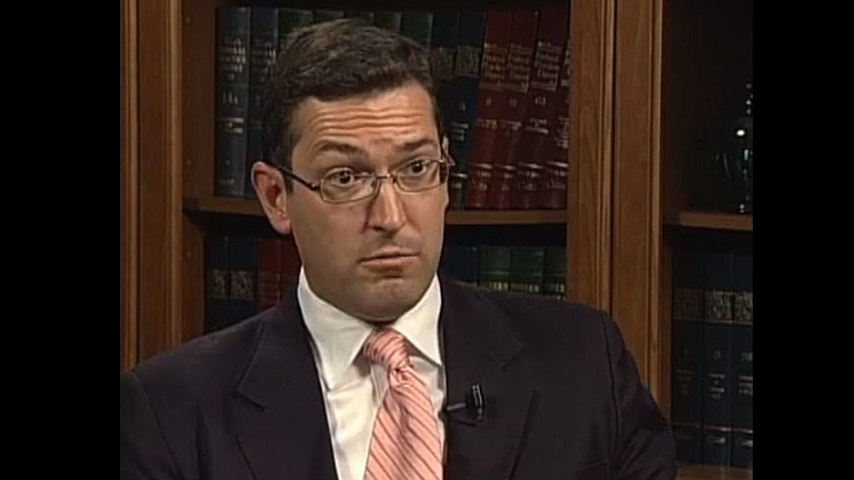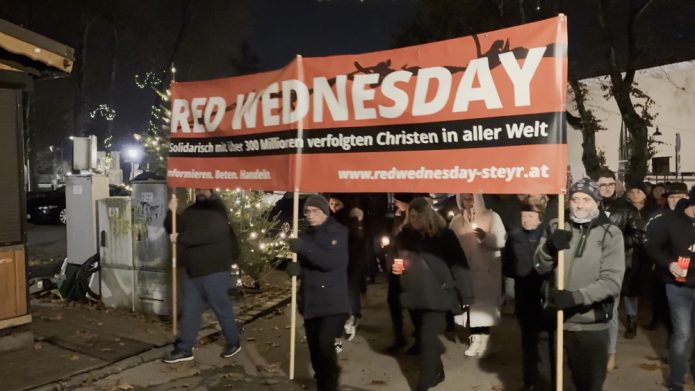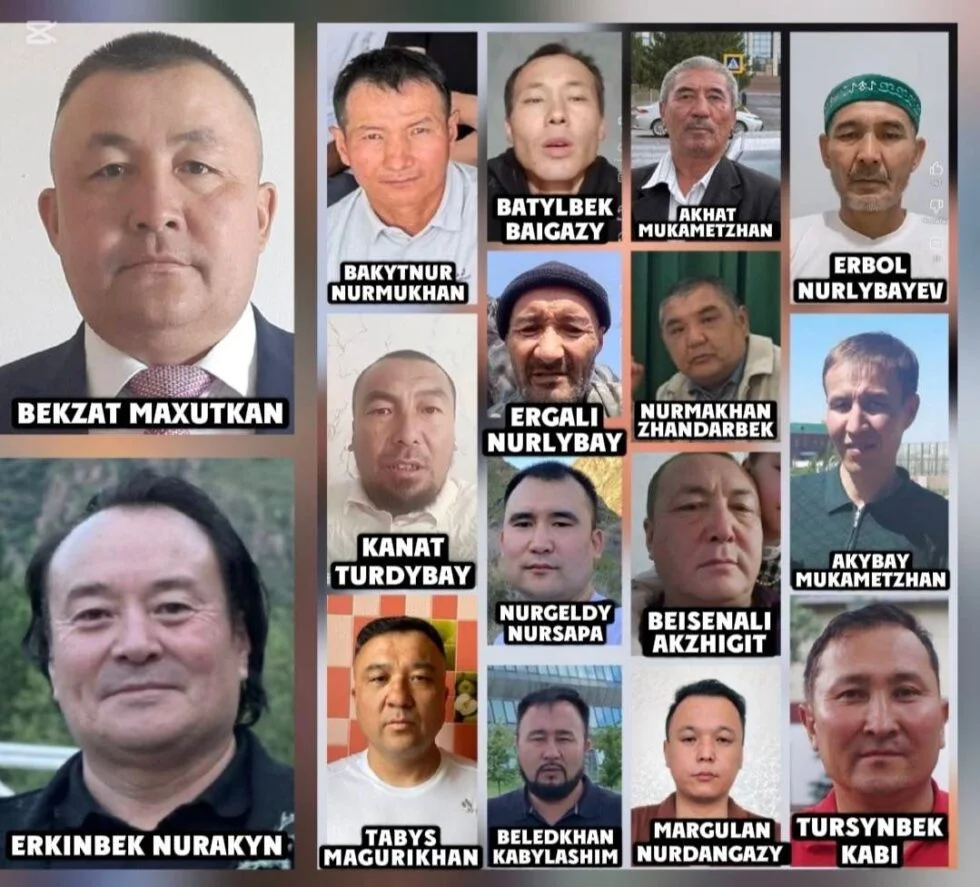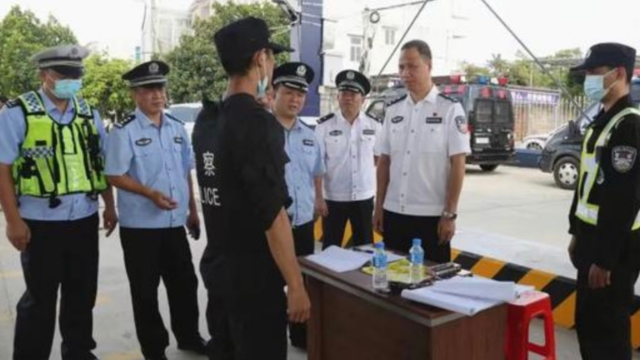British expert Benedict Rogers tells Bitter Winter how China is moving to destroy Hong Kong’s basic freedoms – and what we can do about it.
by Massimo Introvigne

Benedict Rogers, a London-based Roman Catholic activist and journalist is one of the world’s leading experts of human rights issues in Hong Kong. He is co-founder and deputy chairman of the Human Rights Commission of the British Conservative Party, the leader of the East Asia Team at Christian Solidarity Worldwide, and the founder and chair of Hong Kong Watch. He is also a well-known expert of political, religious, and human rights issues in Myanmar.
With the current crisis in Hong Kong, he has written editorials and given interviews to a number of international media. Here is his interview with Bitter Winter, from a London still partially locked down because of the epidemic.
What will the new National Security Law change in Hong Kong?
The new National Security Law will effectively destroy basic freedoms in Hong Kong. It will criminalize “subversion.” “secession.” and “colluding with foreign political forces.” thereby potentially making it a crime for people to even brief foreign Parliamentarians or foreign human rights groups or media, denying the right to protest, threatening press freedom and religious freedom. and certainly making any peaceful discussion of “independence” for Hong Kong a criminal offence. Every country and territory has a right to protect national security, but this law imposed on Hong Kong without introducing the universal suffrage that is promised in Hong Kong’s Basic Law is profoundly dangerous, and a grave breach of Hong Kong’s obligations as a signatory to the International Covenant on Civil and Political Rights, as well as China’s obligations under the Sino-British Joint Declaration.
China’s Foreign Minister explained that the National Security Law is needed to put a halt to American and British “interferences” in Hong Kong. Do these “interferences” really exist? And what is the real purpose of the law?
No, there is no such “interferences” – that is the typical, convenient propaganda phrase by the Chinese Communist Party (CCP). The UK has a legitimate moral and legal obligation to monitor and defend Hong Kong’s autonomy and freedoms under the Sino-British Joint Declaration, an international treaty lodged at the UN, and any moral support expressed by the UK, US or others in the international community is for the genuine, clearly-expressed will of Hong Kong people for their basic freedoms to be upheld and for universal suffrage, which was promised to them, to be implemented. The real purpose of the law is to stifle dissent, tighten the CCP’s grip on Hong Kong and turn Hong Kong into just another Chinese city.
Do you expect students and other friends of democracy in Hong Kong to continue the protests? Or will they lose hope?
We saw thousands protesting this past Sunday after the announcement of the new law, and I think it is extremely unlikely that protests will stop. Hongkongers are determined to defend their freedoms. and I think we will see more, not less, protests. Of course. some are feeling a loss of hope, but many show a determination that is truly extraordinary.
Some analysts claim that, if the US will cancel Hong Kong’s special economic status, they will actually play in the hands of Xi Jinping, whose long-term aim is to impoverish Hong Kong and induce the main financial institutions there to move to Mainland China. What is your opinion?
There is some risk of that, and I think cancelling the special status should truly be a last resort – but it should clearly be on the table. If Hong Kong loses its autonomy, if “one country, two systems” ends, if Hong Kong becomes just another Chinese city, what is the justification for the special economic status, which was established in recognition of Hong Kong’s promised high degree of autonomy? The real issue is that Hong Kong as a major financial center matters hugely to the Chinese economy and to the international community, as Hong Kong Watch shows in our recent report ‘Why Hong Kong Matters.’
What else can the US and other democratic countries do?
It is vital that the UK, as the co-signatory to the Joint Declaration and with a clear moral responsibility due to our history in Hong Kong, lead the global response, together with US and other support. First, it is essential that world leaders speak out clearly, consistently, repeatedly, and robustly in defense of Hong Kong’s freedoms. As the former last British governor of Hong Kong, Chris Patten, has argued in the Financial Times on May 25, Britain should raise the situation at the G7 and in other international fora. Second, the UK should form an international contact group to bring together like-minded countries to coordinate a global response – uniting UK, European countries, US, Canada, Australia, New Zealand as well as democracies in the Asia-Pacific region such as Japan, South Korea, Indonesia and others. Thirdly, countries should consider imposing targeted Magnitsky-style sanctions on individual officials in the Chinese government and Hong Kong government and police force responsible for human rights violations. Fourthly, the UK – together with others – should examine what steps could be taken, through legal or diplomatic channels, to address the clear breach of the Joint Declaration. And fifthly, the UK and other governments should work together to provide a way for vulnerable Hong Kong activists to have a place of sanctuary to escape to if they are in danger. The world should take note of a statement issued over the weekend by over 200 Parliamentarians and very senior politicians and public figures from 25 countries, calling for action.
What is the role of pro-Hong-Kong NGOs and what do you plan to do?
Our role is clearly to advocate, be a voice, educate and inform and mobilize policymakers, Parliamentarians, the media, academics and the general public, to support Hong Kong in its struggle for basic human rights and freedoms. We have already stepped up our advocacy in recent weeks – lots of information can be found on www.hongkongwatch.org – and we will go on mobilizing the international community to act.
Source: Bitter Winter












